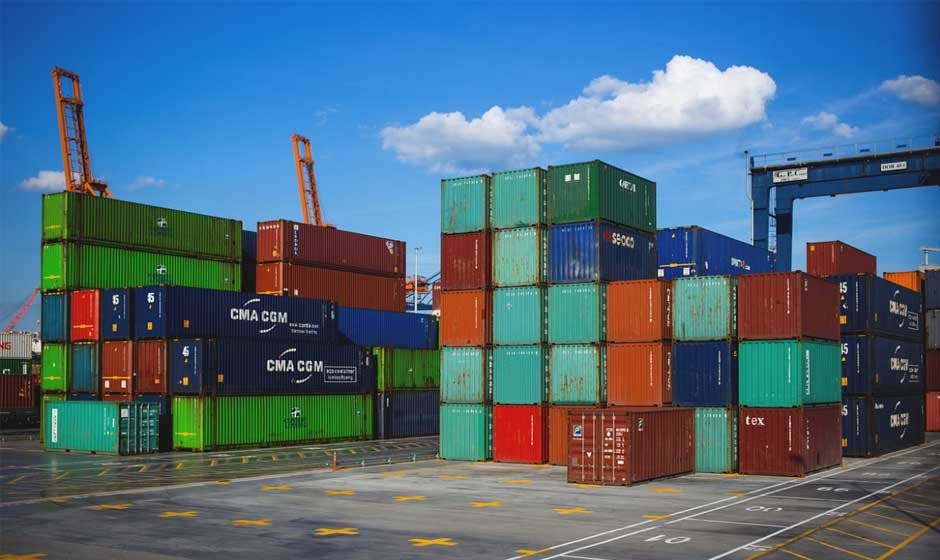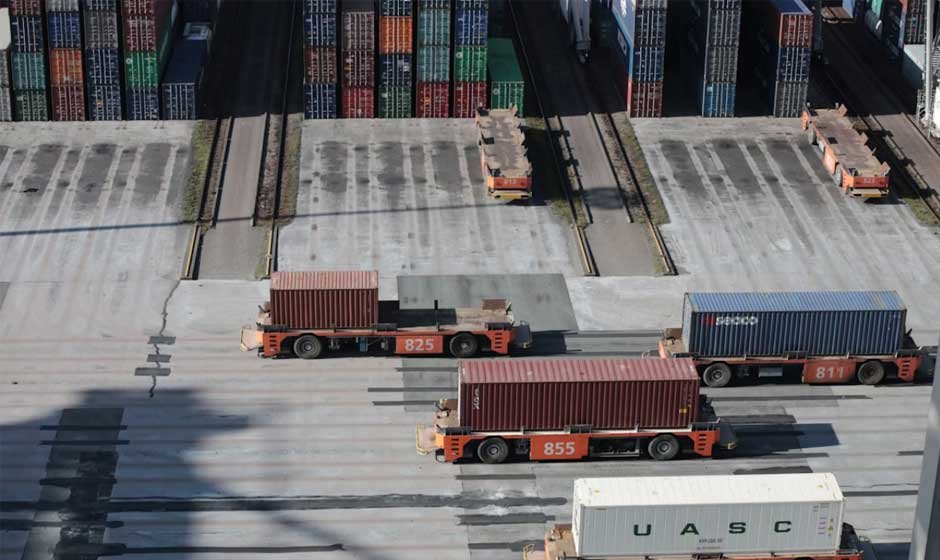Global freight transportation forms the backbone of international trade, allowing goods to flow seamlessly from one corner of the world to another. As the demand for products increases globally, understanding the intricacies of freight transportation becomes paramount for businesses and consumers alike. Efficient freight systems not only support economic growth but also impact pricing, delivery times, and customer satisfaction. This article delves into various aspects of global freight transportation, including modes of transport, key players in the industry, and potential challenges. By gaining insight into this complex system, entities involved in trade can better navigate the logistics landscape and make informed decisions to optimize their supply chains.
Modes of Global Freight Transportation
Freight transportation is categorized primarily into four main modes: air, sea, rail, and road. Each mode has its own distinct advantages and challenges, making them suitable for different types of goods and time constraints. Air transport is the fastest mode, ideal for high-value or perishable items, while sea freight is most cost-effective for bulk shipments over long distances.
Rail transport sits in the middle, being both economical and environmentally friendly for inland shipping in many regions. Road transportation, on the other hand, offers flexibility in routing and delivery options, making it often the go-to choice for last-mile delivery. Understanding these options helps businesses select the most appropriate transport method for their needs.
Key Players in the Freight Transportation Industry
The global freight transportation ecosystem is filled with various key players, each contributing to the movement of goods. Freight forwarders serve as intermediaries between shippers and carriers, organizing the shipment process while providing expertise and negotiation power. Likewise, carriers, which include shipping lines, airlines, and trucking companies, provide the actual transportation services.
Logistics companies and supply chain consultants play a crucial role by optimizing shipping routes and ensuring compliance with international trade regulations. For those seeking to navigate this field efficiently, it is beneficial to partner with your global shipping expert or consult online resources. These collaborations can streamline operations and enhance efficiency.
Customs Regulations and Compliance
A significant aspect of global freight transportation is adherence to customs regulations and compliance requirements. Each country has its own rules regarding the import and export of goods, often necessitating detailed documentation and adherence to specific protocols. Failure to comply can lead to delays, fines, or even confiscation of goods.
Understanding the applicable tariffs, taxes, and documentation requirements is crucial for successful international shipping. It is important to stay updated on changes in trade agreements and regulations, as these can significantly impact shipping logistics and costs.
Challenges in Global Freight Transportation
While global freight transportation is vital for international trade, it is not without its challenges. Disruptions such as natural disasters, political instability, and economic fluctuations can impact shipping routes and costs. The COVID-19 pandemic showcased the vulnerabilities within supply chains, emphasizing the need for risk management strategies.
Another major challenge is the growing emphasis on sustainability. As international regulations tighten regarding carbon emissions, companies are increasingly tasked with finding eco-friendly solutions. This includes optimizing shipping routes, investing in greener technologies, and evaluating carriers based on their environmental impact, all of which require forward-thinking strategies and planning.
The Future of Global Freight Transportation
The future of global freight transportation is poised for transformation through advancements in technology and logistics practices. Innovations such as blockchain technology can streamline documentation processes and enhance transparency in the supply chain. In regions with complex logistics networks, solutions like freight management software Australia (or elsewhere) tend to help businesses improve visibility, automate shipping tasks, and manage compliance more effectively. The use of artificial intelligence is helping companies predict demand, optimize routes, and manage inventories more efficiently.
Autonomous vehicles and drones are also on the horizon, potentially revolutionizing last-mile delivery and reducing labor costs. As these technologies emerge, businesses must adapt and evolve their strategies to remain competitive in an ever-changing marketplace. As the industry embraces these changes, collaboration between stakeholders will become increasingly important to ensure seamless integration and regulatory compliance. Investing in sustainable and eco-friendly transportation solutions will play a critical role in shaping the future of global freight.

Global freight transportation plays a critical role in the economy, facilitating trade and commerce across borders. Understanding the various modes of transport and the key players involved can empower businesses to navigate this complex landscape more effectively. Awareness of customs regulations and the potential challenges ahead is important for successful shipping operations. Looking forward, embracing new technologies and sustainability practices will be vital for staying competitive and resilient in the global market. By staying informed and adaptable, companies can reduce risks, improve efficiency, and meet the evolving demands of customers worldwide, ensuring long-term growth and success in an increasingly interconnected economy.










